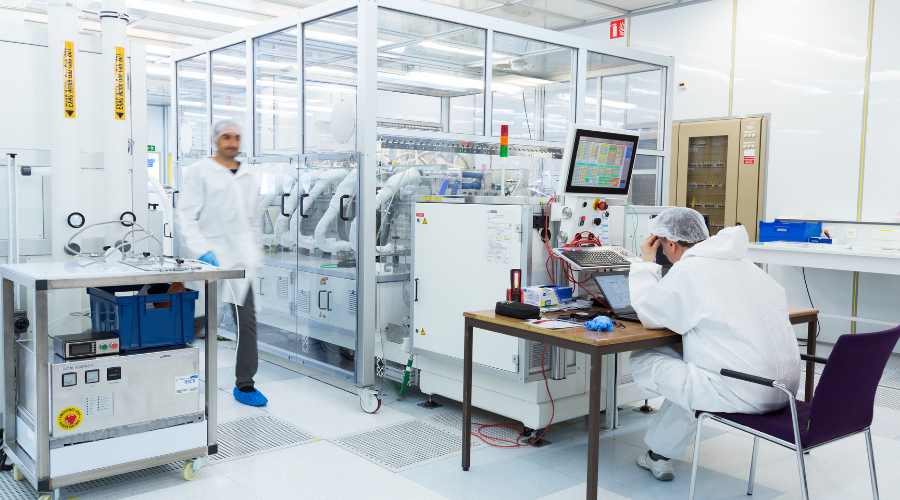NAWA Technologies, Breakthrough Carbon Tech On The Road To Industrialization
French company NAWA Technologies, which has developed a unique carbon material to improve energy conversion, storage and efficiency, recently raised more than €18 million to industrialize its breakthrough nano-based solution. We met with Pascal Boulanger, co-founder and CTO of NAWA Technologies.

As France looks to be a leader in next-generation battery production, company NAWA Technologies has developed an innovative solution that could catch the eye of electric vehicle manufacturers.
Founded in April 2013 by Ludovic Eveillard and Pascal Boulanger in the southern city of Aix-en-Provence, as a spin-off from the CEA, the company has developed a new solution to improve energy conversion, storage, and efficiency with carbon as the primary material — but exploiting it in a different way than existing technologies.
“As a conductive additive material, carbon is already used today as a type of powder to make electrodes, but we are turning it into a structure called ‘vertically aligned carbon nanotube that is much highly conductive,” says Boulanger, who serves as CTO of NAWA Technologies. “It combines unique mechanical, thermic, electric and flow characteristics making it the fastest electrode ever to store electricity.”
Taking it to industrial scale
This makes NAWA Technologies’ solution particularly interesting for electricity storage. Integrated within ultracapacitors or lithium-ion batteries, it can help enhance storage capacity, reduce charging time and increase product lifespan. “One other advantage is that its manufacturing process has a minimal impact on the environment,” Boulanger adds. “We are using bio-sourced carbon, and not fossil material.”
After raising funds in 2018-2019, NAWA Technologies built a pilot production line to manufacture high-power ultracapacitors, called NAWACap, which exhibit power densities between 10 and 100 times higher than existing ultracapacitors depending on their design.
But now the French company wants to go further, and has set its sights on industrialization. In December, NAWA Technologies raised an additional €18.3 million to build a factory, with the goal of mass producing ultracapacitors starting in 2023 and establishing a R&D program for developing lithium-ion batteries for 2025.
“For now, we are selling a few specific products to specific customers, in sectors such as connected sensors, toolmaking and for the car industry, to help regulate power in electric vehicles,” explains the CTO. “But the aim now is to expand our customer base.”
Liberating EVs
Boulanger believes the company’s technology has much to offer in the sector of mobility. In 2020, NAWA Technology presented NAWA Racer, a zero-emission motorbike concept that illustrated how the company’s ultracapacitors could be applied to a real-world electric vehicle by optimizing both its energy efficiency and charging time. A first fully-ridable prototype of NAWA Racer was built in 2021. “We think there is room for improvement in EVs and our products could help remove some of the constraints that currently prevent people from buying these vehicles, like long charging time and lack of autonomy,” Boulanger notes. “Our factory would also provide European EV manufacturers with the opportunity to buy locally-produced ultracapacitors with innovative characteristics and a low impact on the environment.”
The company is working on expanding the applications of its carbon-based solution. Its subsidiary NAWA America, based in Dayton, Ohio in the United States is also studying energy and composite in collaboration with Univ. Dayton and MIT. But for now, as Pascal Boulanger explains, NAWA Technologies’ next big challenges are industrialization and costs: “We proved that the technology works and could be affordable enough, now we are proving we can produce millions of units.”
Related
Trending

